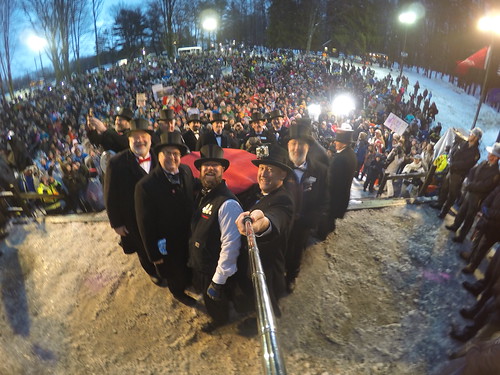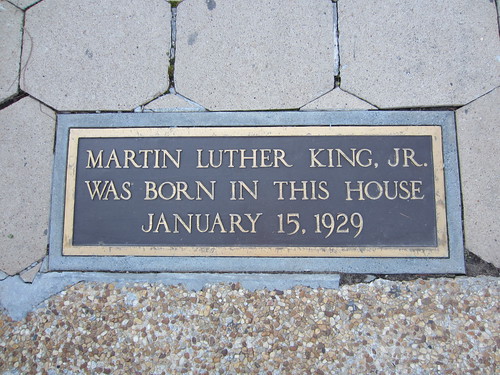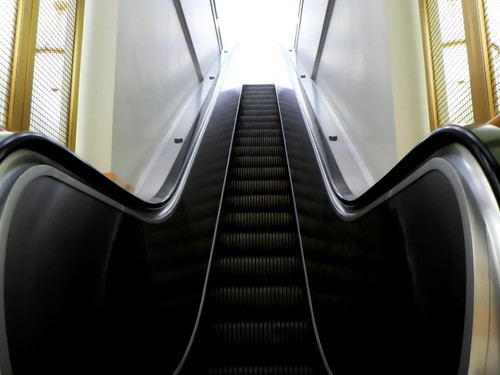 When Punxsutawney Phil - the legendary groundhog - leaves his burrow on February 2 every year, he looks for his shadow. If he sees his shadow,it predicts another 6 weeks of winter ahead. That’s a pretty lousy thought when you live in a northern state.
When Punxsutawney Phil - the legendary groundhog - leaves his burrow on February 2 every year, he looks for his shadow. If he sees his shadow,it predicts another 6 weeks of winter ahead. That’s a pretty lousy thought when you live in a northern state.
If you are a patient, or a physical therapist perchance, in the state of Texas, there is a similar phenomenon that takes place every two years. It’s the physical therapy version of Groundhog Day.
 In the state of Texas, the debate is upon us once again. HB 1263 - Patient Access To Physical Therapy - is to be heard in the House Public Health Committee on April 7, 2015.
In the state of Texas, the debate is upon us once again. HB 1263 - Patient Access To Physical Therapy - is to be heard in the House Public Health Committee on April 7, 2015.
It is time to push aside the fear-driven dialogue and logical fallacies that have clouded this issue for two decades.
Here are just a few reasons why this bill is so important to the health - and liberties - of all Texans.
![Go With The Flow [Sign]](https://farm3.staticflickr.com/2714/4225249261_b36197783e.jpg) Running has a way of bringing some of the simple things in life back into focus.
Running has a way of bringing some of the simple things in life back into focus.
Last month, I finished my 11th 3M Half Marathon. It was a beautiful day to experience the joy of reaching another finish line. Far more important, however, are the lessons learned along the way to those finisher’s medals. You never know when those lessons will make an appearance or provide you with an epiphany of sorts.
I vividly remember one day in December, a day on which I had scheduled a routine long run in preparation for this event. I awoke to a temperature of 40 degrees and rain.
 The phrases resound throughout the annals of social media regularly. Owning our profession. Disrupting PT. Solving PT. Transforming society. It all sounds great, doesn’t it?
The phrases resound throughout the annals of social media regularly. Owning our profession. Disrupting PT. Solving PT. Transforming society. It all sounds great, doesn’t it?
As much as I agree wholeheartedly with the premise underlying all of these phrases, I fear that they are becoming nothing more than hollow words, platitudes upon which we hang our professional hats while our profession is defined by those outside the profession and not from within.
Physical therapists would probably agree that in a clinical environment, you have to crawl before you walk, and you have to walk before you run. The same applies to our professional woes.
Nothing of value comes easily. However, the ramifications of the failure to do so are even worse.
 Some twenty-odd years ago, I stood outside the Lorraine Motel in Memphis, reflecting on the tragic events of April 4, 1968. I have looked out over the National Mall and Reflecting Pool from the Lincoln Memorial, imagining what it must have looked like on August 28, 1963. Fifty-two years later, his words still have the power to bring me to tears.
Some twenty-odd years ago, I stood outside the Lorraine Motel in Memphis, reflecting on the tragic events of April 4, 1968. I have looked out over the National Mall and Reflecting Pool from the Lincoln Memorial, imagining what it must have looked like on August 28, 1963. Fifty-two years later, his words still have the power to bring me to tears.
Today, we remember and honor Martin Luther King, Jr. and his fight for civil rights and for freedom.
Many of us think of “civil rights” in terms of equality. But it is so much more than that for all of us, regardless of race or gender. In Texas, we hear a lot about property rights and the right to bear arms. But perhaps more importantly are those unalienable rights, those rights that we all share and the foundation upon which we all live, as noted in the Declaration of Independence.
Have you considered your health as one of those civil rights?
 Welcome to 2015. Once again we find ourselves on January 1, the start of a new year, with a blank slate in front of us. It's that arbitrary date when you sit down and formulate plans for the year ahead and resolve to make any number of changes in your world.
Welcome to 2015. Once again we find ourselves on January 1, the start of a new year, with a blank slate in front of us. It's that arbitrary date when you sit down and formulate plans for the year ahead and resolve to make any number of changes in your world.
With any luck, these resolutions won't fall by the wayside by week's end.
New Year's Day can also be a time for a ton of platitudes. We talk a big talk when the New Year arrives.
You'll undoubtedly throw lots of big ideas out there today, plenty of big hairy audacious goals for the upcoming year. Great resolutions lie ahead. But are you truly ready to make 2015 remarkable?
 Physical therapy is a movement profession. We are undoubtedly the experts in movement, exercise, and function - and our professional training reflects this.
Physical therapy is a movement profession. We are undoubtedly the experts in movement, exercise, and function - and our professional training reflects this.
Subsequent to this, the vision of the American Physical Therapy Association is "transforming society by optimizing movement to improve the human experience". Let's take a moment to consider the meaning of this statement fully.
Since the dawn of mankind, an integral part of the human experience is function and movement. Neither of these are passive by definition.
In order to transform society, we need to focus on the active.
But there is a hypocrisy to be found deep within these words. If we are focusing on the active, then why do we continue to put such a heavy emphasis on passive interventions?
 "Running Injuries: Etiology And Recovery- Based Treatment" (co-author Bridget Clark, PT) appears in the third edition and fourth editions of "Clinical Orthopaedic Rehabilitation: A Team Approach" by Charles Giangarra, MD and Robert C. Manske, PT.
"Running Injuries: Etiology And Recovery- Based Treatment" (co-author Bridget Clark, PT) appears in the third edition and fourth editions of "Clinical Orthopaedic Rehabilitation: A Team Approach" by Charles Giangarra, MD and Robert C. Manske, PT.
 Allan Besselink, PT, DPT, Ph.D., Dip.MDT has a unique voice in the world of sports, education, and health care. Read more about Allan here.
Allan Besselink, PT, DPT, Ph.D., Dip.MDT has a unique voice in the world of sports, education, and health care. Read more about Allan here.
 Top 5 finalist in three categories: "Best Overall Blog", "Best PT Blog" and "Best Advocacy Blog".
Top 5 finalist in three categories: "Best Overall Blog", "Best PT Blog" and "Best Advocacy Blog".